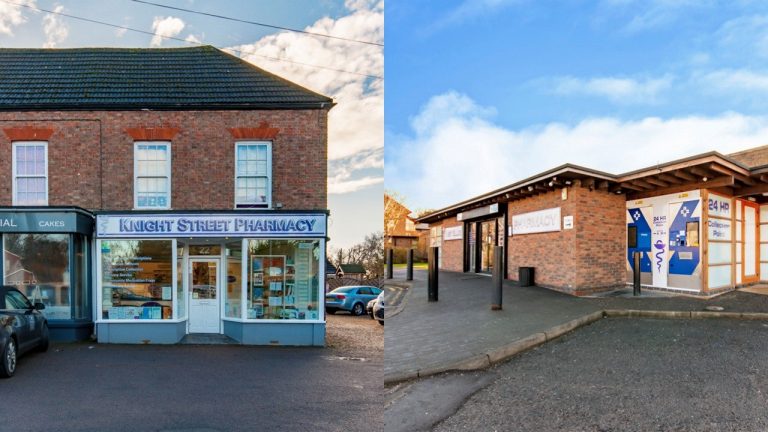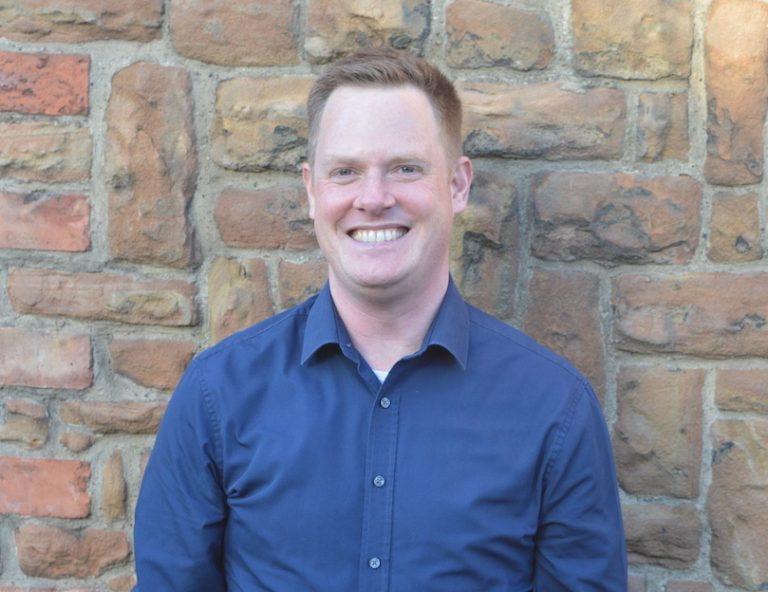The amount of money needed to retire at a minimum living standard has increased by almost 20% over the last year, according to new analysis.
This substantial increase highlights the need for pension reform to help more people achieve an adequate income in retirement, says the Pensions and Lifetime Savings Association (PLSA), who funded the research.
This increase in what is needed for a Minimum Retirement Living Standard is in part a result of the higher proportion of a minimum budget going towards the things that have risen the most in price: food and energy.
Based on independent research by Loughborough’s Centre for Research into Social Policy (CRSP), the Retirement Living Standards (RLS) are rooted in detailed discussions with groups of members of the public, who consider what are realistic and relevant expectations for retirement living.
These expectations are described through three different baskets of goods and services needed to reach a minimum, moderate and comfortable standard of living in retirement. These baskets comprise six categories: household bills, food and drink, transport, holidays and leisure, clothing and social and cultural participation.
The RLS are regularly reviewed to ensure they keep up with changes in the public’s expectations of what retired households need as well as the changes in prices on the shelves to remain relevant to real world retirement spending.
The RLS are being used across the pensions and savings industry in the UK, helping savers to understand what they’ll need in retirement and how this compares to projected pensions income. Through the communications of more than 100 pension schemes and organisations, including some of the largest and best-known brands, the Standards are reaching up to 35 million savers.
The annual increase in what is needed to reach each living standard over the last year is by far the largest since the RLS were first established in 2019. Across all of the RLS, the increase in the price of domestic fuel has been the most significant factor in increasing what is needed overall.
Between 2021 and 2022, the weekly cost of domestic fuel rose by around 130%. The increase in the weekly cost of domestic fuel accounts for between 30-40% of the increases in the overall budgets for a minimum, moderate and comfortable living standard in retirement between 2021 and 2022.
Increases in the costs associated with motoring at the Moderate and Comfortable RLS over the past year – driven by increases in the cost of second-hand cars and in the cost of petrol/diesel – have resulted in this element of the budgets increasing by 16%.
Between 2021 and 2022, the cost of a Minimum RLS increased from £10,900 to £12,800 – or 18% – for a single person and from £16,700 to £19,900 – or 19% – for a couple.
The Minimum Retirement Living Standard is the same as the Joseph Rowntree Foundation’s Minimum Income Standard (MIS) and reflects what members of the public think is required to cover a retiree’s needs, not just to survive but to live with dignity – including social and cultural participation.
It includes £96 for a couple’s weekly food shop, a week’s holiday in the UK, eating out about once a month and some affordable leisure activities about twice a week. It does not include budget to run a car.
Rising food and fuel prices have contributed significantly to the increase in the Minimum standard. The update also saw the amount of food included within the budget increasing to bring it into line with the up-to-date nutritional research on a healthy diet.
The disproportionate increase in the cost of retirement at the Minimum RLS means the government’s commitment to the state pension triple lock, announced in the most recent Autumn Statement, is especially important. Rising by a record 10.1% to £10,600 per year, a couple who are each in receipt of a full new state pension would reach the Minimum Retirement Living Standard.
The Moderate RLS increased 12% to £23,300 for a single retiree and by 11% to £34,000 for a couple. The Moderate Retirement Living Standard provides more financial security and flexibility than the minimum.
This moderate level includes £127 for the weekly food shop for a retired couple, a two-week holiday in Europe and the cost of eating out a few times a month.
At the Comfortable RLS, retirees can expect to have more luxuries like regular beauty treatments, theatre trips and three weeks holiday in Europe a year. A couple could spend £238 per week on food shopping. At this level, the cost of living increased 11% to £37,300 for one person and 10% to £54,500 for a two-person household.
Matt Padley, co-director of CRSP, who led this research, said: “This latest analysis shows the impact of increases in the cost of essentials – such as food and fuel – on what is needed to be able to live with dignity in retirement.
“The Minimum Retirement Living Standard sets out what the public think we should all able to have and do in retirement – this isn’t about luxuries, it’s about meeting your basic material needs and being able to take part in the world around you. The reality is that many are not able to do this and face impossible decisions about what to prioritise. As a society we need to work to ensure that everyone is able to reach this minimum in retirement.”
Nigel Peaple, director policy & advocacy, PLSA, said: “The past year has been an enormously challenging one for many households in the UK.
“Inflation has risen to its highest rate in 40 years with the cost of essentials and domestic fuel soaring, putting substantial pressure on incomes for working age and retired households, particularly for those on low incomes.
“These figures underline why the Government was right to increase the State Pension in line with the Triple Lock in the Autumn Statement.
“The jump in the Retirement Living Standards underscores the need for the Government to adopt the PLSA’s recommendations on pensions set down in our recent report, Five Steps to Better Pensions.
“These include the need for the Government to adopt clear national objectives for retirement income, to ensure the state pension protects everyone from poverty and, later this decade once the cost-of-living crisis has passed, to increase the scope and level of automatic enrolment pension contributions.”











